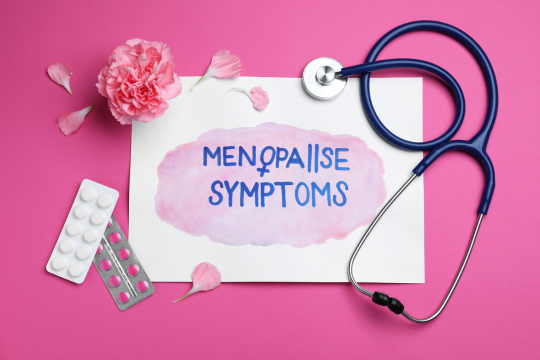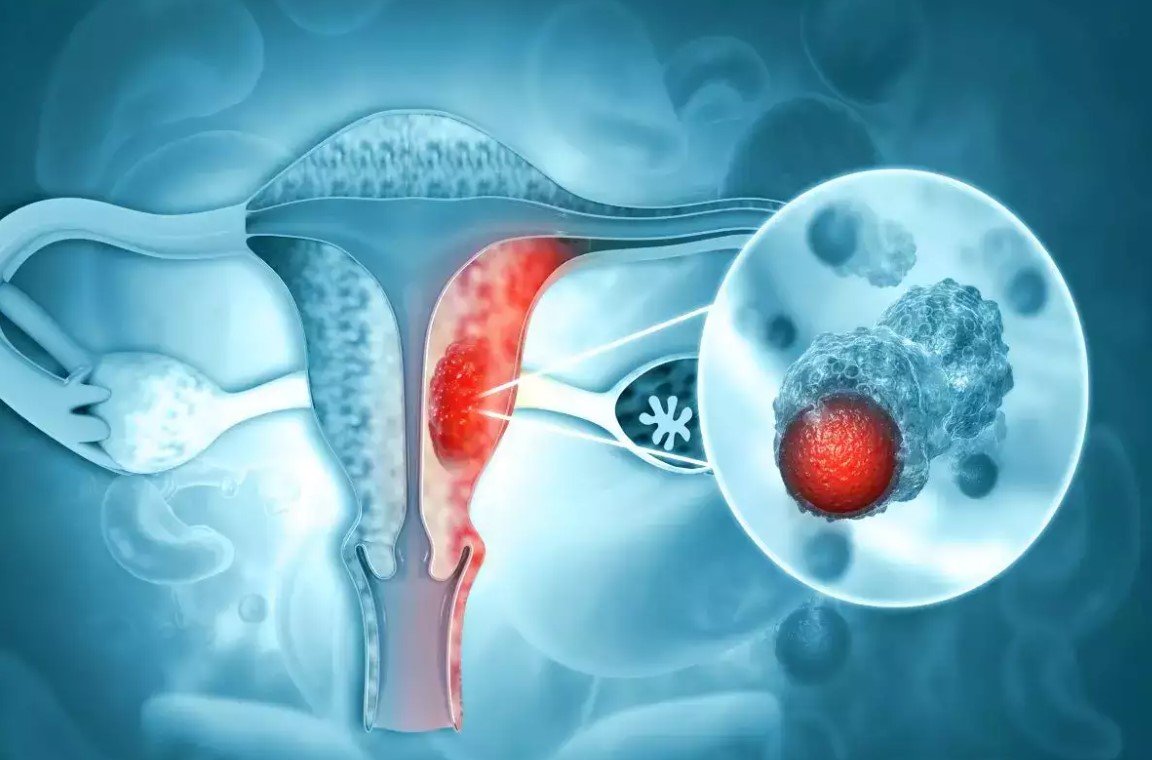Menopause is a natural transition in a woman’s life, typically occurring between the ages of 45 and 55. It marks the end of the menstrual cycle and fertility, but it also brings along a wide range of physical and emotional changes due to hormonal fluctuations. While every woman experiences menopause differently, common symptoms such as hot flashes, mood swings, sleep disturbances, and bone health concerns can significantly impact daily life.
The good news is that with the right knowledge, lifestyle adjustments, and expert medical guidance, menopause can be managed smoothly. In this article, we explore how women can take charge of their health during this phase, with insights from Dr. Shweta Mendiratta – one of the best gynecologists in Faridabad, known for her compassionate care and expertise in women’s health.
Understanding Menopause
Menopause is diagnosed when a woman has not had a menstrual period for 12 consecutive months. It usually occurs due to the decline in estrogen and progesterone levels, hormones produced by the ovaries. This hormonal shift affects various systems in the body, which is why symptoms are so varied.
There are three stages:
-
Perimenopause – The transition phase before menopause, when periods become irregular. Symptoms like hot flashes, sleep issues, and mood swings often begin here.
-
Menopause – Officially confirmed after 12 months of no menstrual periods.
-
Postmenopause – The years after menopause, when symptoms may ease but long-term health risks like osteoporosis and heart disease increase.
Common Symptoms of Menopause
-
Hot flashes and night sweats
-
Vaginal dryness and discomfort during intercourse
-
Sleep disturbances (insomnia or poor-quality sleep)
-
Mood swings, irritability, or depression
-
Weight gain and slower metabolism
-
Thinning hair and dry skin
-
Memory problems and difficulty concentrating
-
Joint pain and stiffness
-
Increased risk of osteoporosis and heart disease
While these symptoms can be overwhelming, the right approach can make this transition much smoother.
1. Lifestyle Modifications
a) Balanced Diet
Eating a nutritious diet is the foundation of managing menopause. Include:
-
Calcium-rich foods (milk, yogurt, leafy greens, almonds) to support bone health.
-
Vitamin D (sunlight exposure, fortified foods, supplements if needed) for calcium absorption.
-
Phytoestrogen-rich foods like soy, flaxseeds, and chickpeas that mimic estrogen in the body and may reduce hot flashes.
-
Fruits and vegetables high in antioxidants to support heart and skin health.
-
Reduce processed foods, caffeine, and excess sugar to control weight and stabilize mood.
b) Regular Exercise
Physical activity helps in multiple ways:
-
Strength training maintains bone density.
-
Yoga and stretching improve flexibility and reduce stress.
-
Aerobic exercise supports heart health and weight management.
-
Mind-body exercises like meditation and deep breathing reduce anxiety and hot flashes.
c) Sleep Hygiene
-
Maintain a fixed sleep schedule.
-
Create a calm, cool, and dark bedroom environment.
-
Avoid caffeine and heavy meals before bedtime.
-
Practice relaxation techniques before sleep.
2. Medical Treatments
While lifestyle changes are powerful, some women require medical help.
a) Hormone Replacement Therapy (HRT)
HRT replaces estrogen and progesterone to relieve symptoms such as hot flashes, vaginal dryness, and osteoporosis. However, it is not suitable for everyone and must be prescribed after a thorough evaluation.
b) Non-Hormonal Medications
For women who cannot take HRT, certain antidepressants, blood pressure medicines, or nerve-related drugs may help manage hot flashes and mood changes.
c) Vaginal Estrogen Therapy
Creams, tablets, or rings applied locally help reduce vaginal dryness and discomfort during intercourse without affecting the entire body.
3. Natural Remedies & Alternative Approaches
-
Herbal supplements like black cohosh, evening primrose oil, and red clover are popular, though effectiveness varies and should be used under medical supervision.
-
Acupuncture may provide relief from hot flashes and improve well-being.
-
Mindfulness practices help reduce stress and emotional symptoms.
4. Emotional & Mental Well-being
Menopause isn’t just a physical transition; it affects emotional health too. Women may feel anxious about aging, body changes, or decreased fertility. To manage mental well-being:
-
Stay socially connected with friends and family.
-
Seek support groups or counseling if needed.
-
Engage in hobbies and activities that bring joy.
-
Practice self-compassion and embrace this phase as a natural stage of life.
5. Long-Term Health Considerations
After menopause, women face a higher risk of certain health conditions. Preventive care is crucial:
-
Osteoporosis: Regular bone density scans, calcium and vitamin D intake, and weight-bearing exercises.
-
Heart Health: Monitor cholesterol, blood pressure, and maintain an active lifestyle.
-
Cancer Screenings: Continue regular screenings such as Pap smears, mammograms, and colonoscopies as recommended.
Why Consult Dr. Shweta Mendiratta?
When it comes to managing menopause effectively, the guidance of an experienced gynecologist is invaluable. Dr. Shweta Mendiratta, Associate Clinical Director & Head of Obstetrics & Gynecology at Marengo Asia Hospitals, Faridabad, is recognized as one of the best gynecologists in the region.
With years of experience in women’s health, Dr. Shweta offers a holistic approach to menopause management. She not only addresses the medical aspects but also provides lifestyle counseling, emotional support, and personalized care plans tailored to each woman’s needs. Patients admire her for her compassionate approach, clear communication, and commitment to improving quality of life during this transitional phase.
Whether you are struggling with hot flashes, mood changes, or long-term health concerns, consulting Dr. Shweta Mendiratta ensures that you receive expert care with a human touch.
Practical Tips for Daily Life
-
Dress in layers to manage hot flashes.
-
Carry a water bottle to stay hydrated.
-
Keep a journal to track symptoms and identify triggers.
-
Limit alcohol and smoking – both worsen menopause symptoms.
-
Seek professional advice early instead of ignoring persistent symptoms.
Conclusion
Menopause is not an illness, but a natural stage in a woman’s life. While the symptoms can be challenging, they can be managed effectively through a combination of lifestyle modifications, medical treatments, and emotional support. With expert guidance from specialists like Dr. Shweta Mendiratta, the best gynecologist in Faridabad, women can embrace this new phase with confidence, health, and vitality.
Remember, menopause is not the end of your journey—it’s the beginning of a new chapter, where prioritizing self-care and well-being can help you lead a healthier, more fulfilling life.




